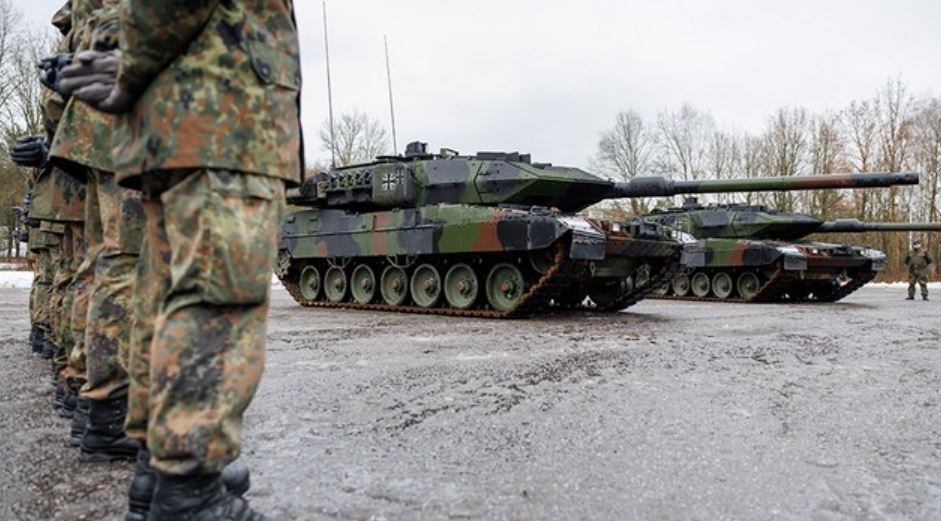Much will become apparent when Russia and the USA agree on Ukraine
Years ago, a deputy of the German Bundestag told us, journalists representing the three states of the South Caucasus. “Don’t be particularly upset that Russia is oppressing you. Germany is more dependent on the US than you are on Russia.” I do not rule out that it is an exaggeration, but recent events confirm that there is no absolute independence. European countries, Germany first of all, naturally want Ukraine to resist Russian aggression. Still, they do not wish to transfer their military equipment to the Ukrainian armed forces.
However, this is happening in the US’s severe pressure. Representatives of NATO and Ukraine regularly meet in Germany at the US Ramstein Air Base, and the United States has a deciding voice in decisions made there. Ukraine will therefore receive new tanks, aircraft, and long-range missiles, which will be deployed in the coming months.
The war will thus continue for months, perhaps years. Eventually, Russia and the United States will agree, and it is not excluded that a regime similar to the North Korean one will be established under the auspices of Russia in a particular part of Donetsk and Luhansk. And the rest of Ukraine will resemble South Korea under appropriate American influence. The US is not interested in the destruction of Russia (contrary to the claims of Russian propagandists), and Russia does not and will not have the power to seize new large territories in Ukraine. It is, of course, a hypothesis that may not become a reality.
Read also
But there is no doubt that, like all wars, this one also will end in a peace treaty. Hopefully, this will lay the foundation for a new world order, followed by stability. Until then, peace is unlikely to be established in various regions, including the South Caucasus. I began these observations by noting the relative independence of Europe.
The strategic interests of the EU and the US may sometimes diverge. Europeans are interested for example, in the future; when the sanctions on Iran are lifted, Iranian gas will reach them through Armenia and Georgia. With this, the presence of European observers, even if symbolic, can be explained in Syunik, in particular. Russia is unhappy about it, but the US is not happy either because the strategy of the USA (and Britain) is to “impoverish” Iran as much as possible and make the Central Asia-Azerbaijan-Turkey “pipelines” work.
In general, the goal of both the West (collectively in this case) and Russia is to close the Artsakh issue and divide the influence in this region. It is for this reason that both parties supported the 2018 power change. But Putin’s attack on Ukraine a year ago and the unsuccessful course of the war for Russia will naturally change the proportions of the division of influence.
The positions of the USA (and its ally Turkey) will strengthen, and Russia’s will weaken. I repeat what that proportion will be in the final result, which will be clear after the USA and Russia agree on the issue of Ukraine.
Aram ABRAHAMIAN
“Aravot” daily, 13.02.2023























































